On Monday, March 10, the Internet Archive and the American Library Association with the assistance of the law firm Goodwin Procter filed a “friend of the court” brief in David Leon Riley v. State of California and United States v. Brima Wurie, two Supreme Court cases examining the constitutionality of cell phone searches after police arrests. In the amicus brief, both nonprofit organizations argue that warrantless cell phone searches violate privacy principles protected by the Fourth Amendment.
Both cases began when police officers searched the cell phones of defendants Riley and Wurie without obtaining a warrant. The searches recovered texts, videos, photos, and telephone numbers that were later used as evidence. The Supreme Court of California found the cell phone search lawful in Riley’s case, but the U.S. Court of Appeals for the First Circuit, in Boston, reached the opposite conclusion and reversed Wurie’s conviction.
In the brief, the Internet Archive and the American Library Association argue that reading choices are at the heart of the expectation of personal privacy guaranteed by the Fourth Amendment. Allowing police officers to rummage through the smartphones of arrestees is akin to giving government officials permission to search a person’s entire library and reading history.
“Today’s cell phones are much more than simple dialing systems—they are mobile libraries, holding our books, photos, banking information, favorite websites and private conversations,” said Barbara Stripling, president of the American Library Association. “The Constitution does not give law enforcement free rein to search unlawfully through our private records.”
“The fact that technology has made it easy to carry voluminous sensitive and personal information in our pockets does not suddenly grant law enforcement unchecked availability to it in the case of an arrest,” said Brewster Kahle, founder and digital librarian of Internet Archive. “Constitutional checks are placed on the search of, for instance, a personal physical library and these checks should also apply to the comparably vast and personally sensitive stores of data held on our phones.”
William Jay, Goodwin Procter partner and counsel of record on the amicus brief, added: “The Supreme Court has recognized that people don’t lose all privacy under the Fourth Amendment when they’re arrested. And one of the strongest privacy interests is the right not to have the government peer at what you’re reading, without a good reason and a warrant. We are pleased to have the chance to represent both traditional and Internet libraries, which have a unique ability to show the Supreme Court why our electronic bookshelves deserve the same protection as our home bookshelves.”
“In my experience as a former federal prosecutor, a person’s smartphone is one of the things law enforcement are most eager to search after an arrest,” said Goodwin Procter partner Grant Fondo, a co-author of the brief. “This is because it holds so many different types of important personal information, telling law enforcement what the arrested person has been doing over the past few weeks, months, and even years—who they have been in contact with, what they read, and where they have been. Simply because this information is now all contained in a small smartphone we carry with us, rather than at home, should not take the search of this information outside the scope of one of our most important Constitutional protections—the right to protection from warrantless searches.”
Internet Archive would like to heartily thank William Jay, Grant Fondo, and Goodwin Procter for helping introduce an important library perspective as the Court considers these two cases with critical implications for civil liberties.




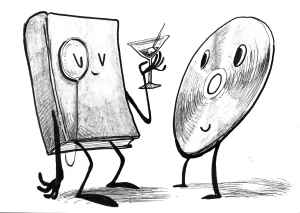


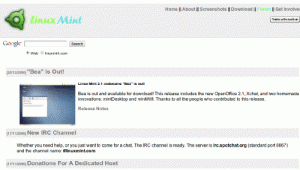
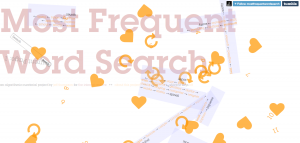
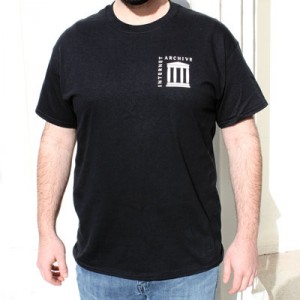


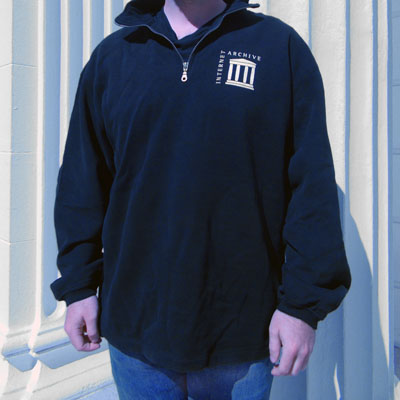
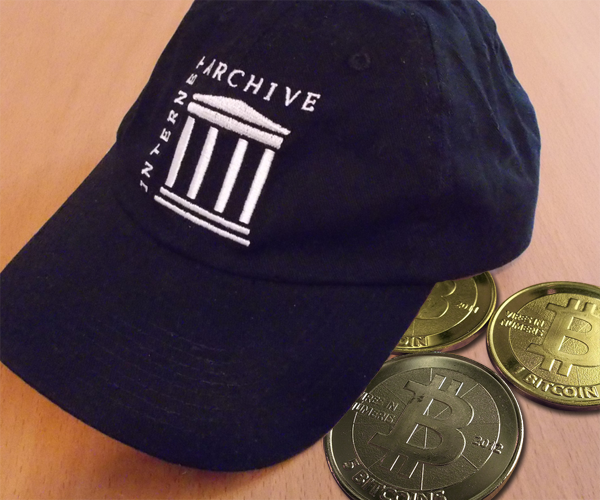
 The Internet Archive today is launching a free service to help webmasters improve their user experience by augmenting their website’s 404 Page Not Found page to link to the Wayback Machine in the case that it has it. Therefore users trying to get to any pages that might have been on a previous version of your website will now be given the option to go to the Wayback Machine.
The Internet Archive today is launching a free service to help webmasters improve their user experience by augmenting their website’s 404 Page Not Found page to link to the Wayback Machine in the case that it has it. Therefore users trying to get to any pages that might have been on a previous version of your website will now be given the option to go to the Wayback Machine.